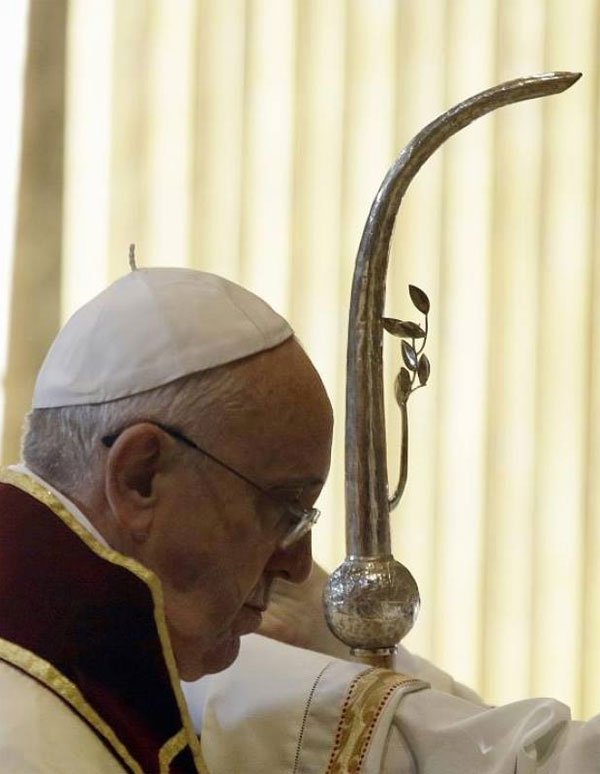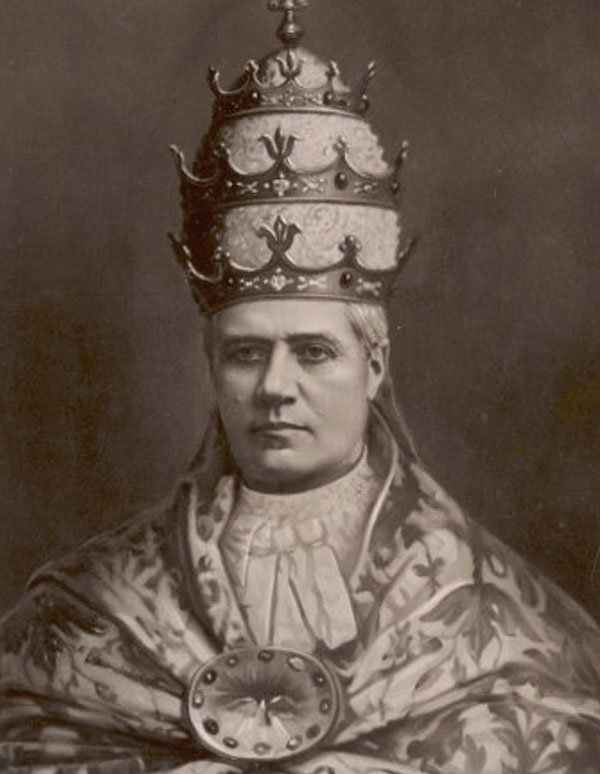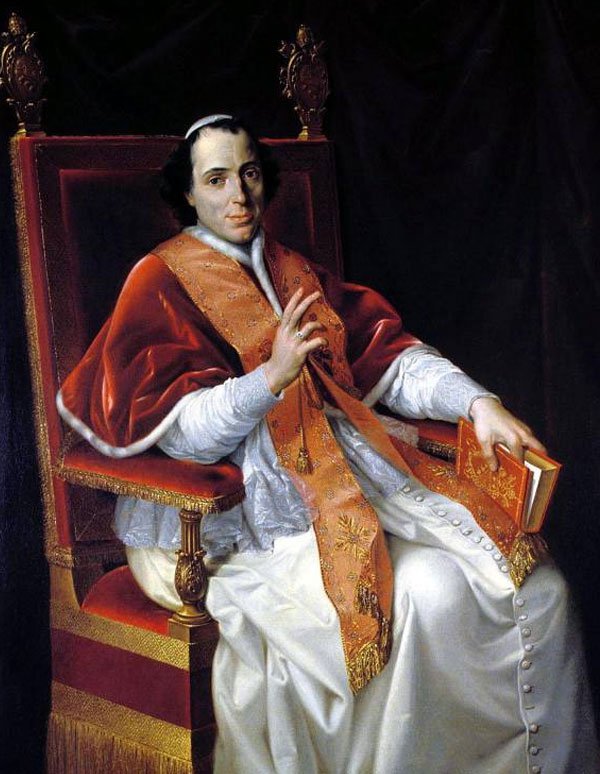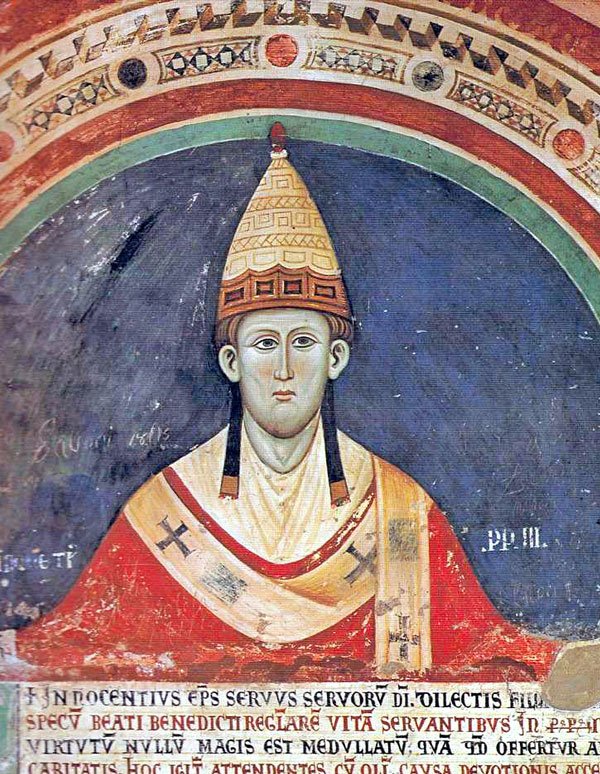These days Bergoglio praised the “inter-confessional translation of the Bible” during the encounter with the self-styled “United Bible Societies.” At the same time the seated JM Bergoglio has finished its hearing praying a Pater in common between Catholics and Evangelicals ( link ).
Of “United Bible Societies’ ( ABU ), an international organization founded in 1946 that brings together and coordinates the work of about 150 Bible societies, also belong to the “United Bible Societies & Forestiera” ( SBB & F ) and the Bible Society in Italy ( SBI ) . The first is present in Italy since the Risorgimento and settled in Rome in 1870; the second legally exists since 1983 and is “a Christian association independent, not tied to any religious denomination, non-profit, which relates to the maximum diffusion of the Holy Scriptures to be realized through the activities aimed at the promotion of this work” ( link ). In Italy these Bible societies publish the “King James Version”, the review of the Directive by Luzzi (called “Revised”) and the last “New International Version” for “churches” evangelical. From the notes of the World Assembly of Midrand, 2000, we learn that “the national Bible Societies come together in an association such as the World Alliance Bible Societies ( ABU ) to consult each other, support each other and to work together in their common task of achieving maximum spread, effective and meaningful to the Holy Scriptures and help people interact with the Word of God. Biblical Societies accomplish their work in agreement and cooperation with all Christian churches and organizations affiliated with the Churches. ”
I have already explained in other studies what the Holy Scriptures, as handed down to us, as we “use” and who can “use” ( link ), as it is interpreted and who can do it ( link ) and, briefly, as was destroyed, the Pontifical Biblical Commission, former member of the Magisterium ( link ). The destruction from the inside was wanted and put into practice by the Modernists, as well as the Church has already amply demonstrated and explained ( link ). Reading the link we learn both the Magisterium appropriate for the story.
SAN PIO X
Contrary to what it claims Bergoglio (and with him those who believe in the communion of faith with this subject), what the Church teaches? To combine precision and brevity begin using the simple and understandable compendium of Christian doctrine (or “Larger Catechism”) prescribed by Pope St. Pius X (Rome, Vatican Press, 1905).
PART FIVE. VIRTUES OF MAIN AND OTHER THINGS NEEDED TO KNOW FROM CHRISTIAN(Chapter I, Of the principal virtues, § 4 – Of the Holy Scripture):
882 D. There can be no mistake in the Holy Scripture? R. In Sacred Scripture, there can be no mistake, because, being all inspired, the author of all its parts is the same God. This does not mean that the copies and translations of the same may have occurred some mistake or copyists or translators. But in the revised editions and approved by the Catholic Church there can be no mistake in what concerns the faith or morals.
884 D. You can read any vernacular translation of the Bible? R. You can read the vulgar translation of the Bible, the faithful who are recognized by the Catholic Church, and are accompanied by explanations approved by the Church itself.
885 Q. Why can read only the translation of the Bible, which are approved by the Church? R. You can read the only Bible translations that are approved by the Church, because it alone is the legitimate guardian of the Bible.
886 Q. By whom can we know the true meaning of the Holy Scriptures? A. The true meaning of the Scriptures we can know only through the Church, because only the Church can not err in interpreting them.
887 Q. What should a Christian do if he was offered the Bible from a Protestant or some emissary of the Protestants? A. If a Christian were offered the Bible by a Protestant, or from some emissary of the Protestants, he would reject with horror, because forbidden by the Church; that if he had received no badarvi, would soon throw it to the flames, or hand it to your parish priest.
888 Q. Why does the Church forbids Protestant Bibles? A. The Church forbids Protestant Bibles because they either are altered and contain errors, or, in the absence of its approval, and notes declarative sense obscure, can be harmful to the Faith. For this reason the Church forbids Yea translations of the Holy Scriptures already approved by it, but reprinted without the explanations by the same approved.
Pius VII
The explanation of what it teaches and commands the St. Pius X have in many documents of the Magisterium of the Church, but for the sake of brevity and for extreme clarity, I want to return the document (little known) ” Magno et immature “letter of Pope Pius VII to ‘ Archbishop Mogilew, Sept. 3.1816 Short story: A Saint Petersburg (Russia) was founded in 1813 a company (the Bible) for the dissemination of the Bible, which supplied many confessions. The Church was represented by the Archbishop of Mogilew, who recommended this company to all the faithful. He was denounced in Rome and received this letter of reprimand. – Ed .: ASS 9 (1876/77). See Denzinger on page 967, No. 2710 s.
Text: ” … You should have before our eyes … that “if we allow the Holy Bible anywhere and without discernment in the vernacular, it follows more harm than benefit” [v. Denzinger, n ° 1854].The Roman Church also, following the well-known requirement of the Council of Trent [v.Denzinger, 1506], accepting only the edition of the Vulgate, rejected the translations into other languages, and allowed only those that are published with annotations appropriately drawn from the writings of the Fathers and Catholic teachers (explained here ), so that a treasure so much great is not exposed to the corruptions of the new, and that the Church throughout the earth has only one language and the same words (Gen. 11.1). Since then the national languages, we see a lot of irregularities, variations, changes, freedom from excessive biblical translations would certainly upset the immutability that befits the divine testimonies, and faith itself be shaken, especially when on the basis of a single syllable you decide the truth of the dogma. The heretics and have always had the habit of introducing so their perverse and hateful machinations, and by means of Bibles published in the national language (then about the unique diversity and divergence of these, they themselves are accused and they bite each other) hide tricked their mistakes wrapped in the most holy ornament of the divine word. “The heresies in fact they were born,” said St. Augustine, “only good when the Scriptures were not understood well, and everything in them is not well understood is also stated in so reckless and impudent” (cf. Saint Augustine, In Johannis Evangelium , tract. 18.1). If we then mourns the fact that men esteemed for piety and wisdom often no longer exist in the interpretation of the Scriptures, what you should not be afraid, if the people inexperienced, especially that judges not according to some discernment , but with a certain lightness, they were handed over to be freely read the Scriptures translated into any vernacular? […] “
INNOCENT III
At this point, Pope Pius VII, as per tradition true (ie Catholic), he resorts to the Magisterium of its various predecessors without any change on matters of faith and custom, including the famous letter from Pope Innocent III to the faithful of the Church of Metz (Letter Cum ex iniuncto , July 12, 1199, Denzinger, n ° 770 s.) that cites.
Text: ” The hidden mysteries of faith ought not to be, however, make available to all without distinction, since it can not be understood without distinction by all, but only by those who can hold an intelligent believer. This is why the Apostle says to the simplest: “How to babes in Christ I have fed you with milk, not solid food” (Cor 3.2). […] In fact, the depth of divine Scripture is so great that not only the simple and unlettered, but even the wise and the learned are not able to fully scrutinize its meaning. That is why Scripture says: “Many have failed to force scrutinize” (Ps 64.7). For a time this was properly established in the divine law that the beast had touched the mountain (Sinai) was stoned to death (cf. Heb 12:20; 19,12s Es), because obviously any simple or even an ignorant person does not presume to penetrate the sublimity of the sacred Scriptures or preach it to others. It is written: ‘Do not investigate things for yourself too big “(Sir 3:22). This is why the Apostle says: “I do not know any more than you need to know, but know with sobriety” (Rom 12,3). How many are in fact members of the body, and yet not all the members have the same function, so there are many orders in the Church, but not everyone has the same office, because, according to the Apostle: “Some, indeed, the Lord has established as apostles, others as prophets, others as teachers and so on. “(Eph 4, 11). Since then the Church in the order of doctors in some way unique, should not someone so indistinct claim for himself the office of preaching”.
Continue reading – http://radiospada.org/2014/09/j-m-bergoglio-la-c-e-i-e-lelogio-della-bibbia-interconfessionale/




